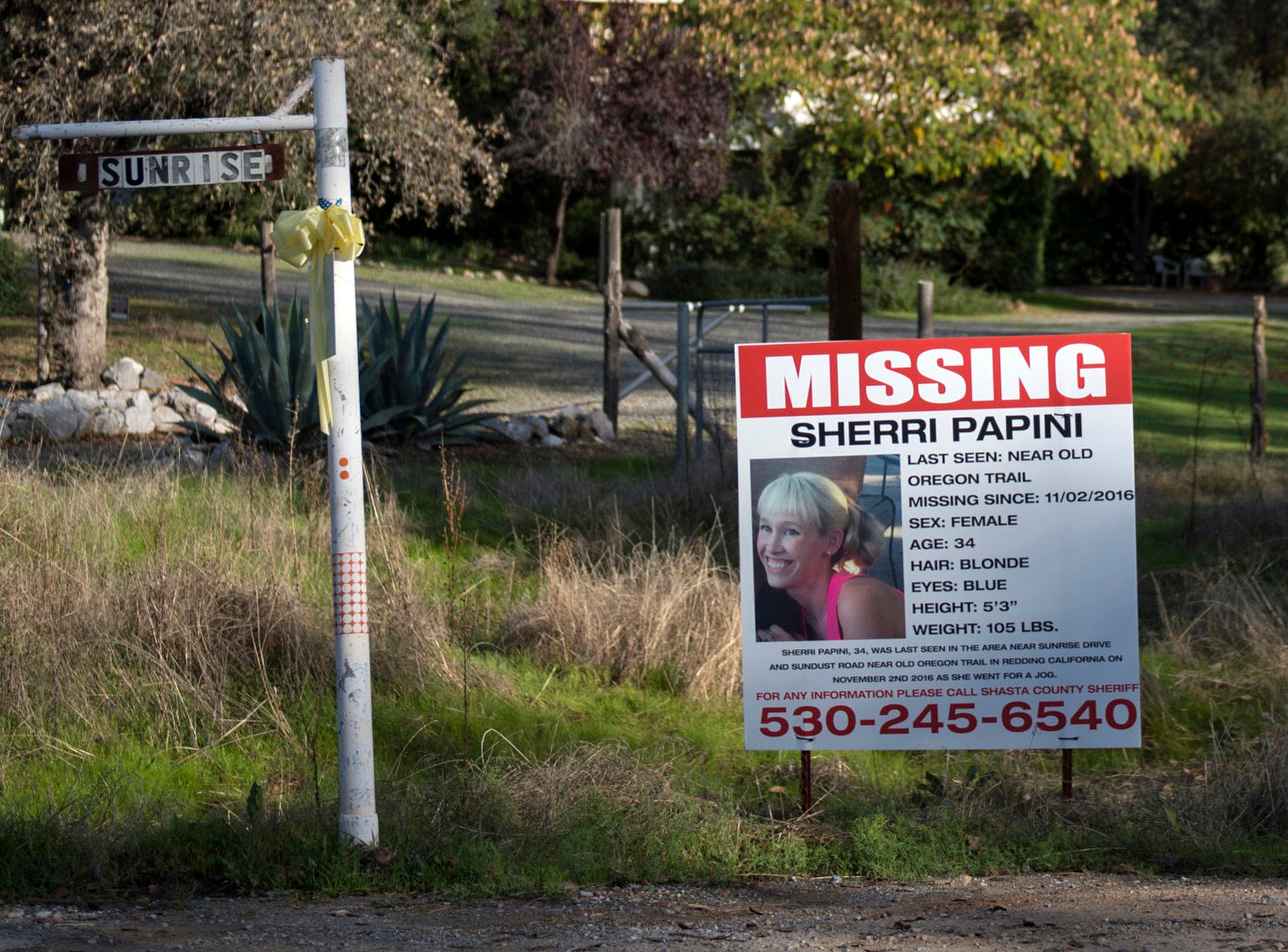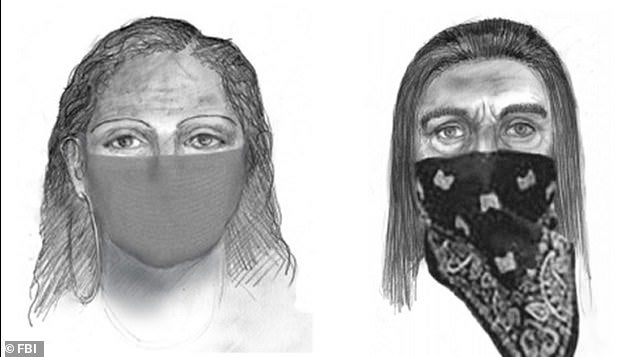
The Sheriff who investigated the faked kidnapping of California woman Sherri Papini for over a half-decade has criticised her as a “deceitful selfish narcissist” after she confessed that the abduction was fabricated.
Shasta County Sheriff Michael Johnson scrutinised the disappearance of Ms Papini, 39, in Redding, California during a jog on 2 November 2016. She resurfaced 22 days later on Thanksgiving Day.
Sheriff Johnson told The Sun that “she’s only sorry because she got caught”.
“The bottom line is, this case was about some very strong narcissistic behaviour, along with deception, deceit and selfishness, so I have a very hard time believing she’s sorry,” he said.
“Now all of a sudden we’re supposed to believe she’s remorseful for what she did?” he added. “Well, I just don’t believe that.”
Ms Papini released a statement via her lawyers on Tuesday in which she confessed that her whole story was made up and that she was “deeply ashamed” of her actions.
She said she would “work the rest of my life to make amends for what I have done”.
Ms Papini appeared in court on Wednesday for her arraignment on charges of making false statements and mail fraud. Her sentencing is set for 11 July.

She claimed that she was abducted and held by two Hispanic women with firearms, but no arrests came in a crime that confused authorities and appeared to be lacking a motive.
After an investigation lasting six years, Ms Papini was arrested in March following the revelation that during the time she claimed to have been held captive, she was actually staying at the home of her ex-boyfriend.
She has been charged with lying to investigators as well as getting $30,000 from the state’s victim compensation board by fraud. Following her arrest, she has been out on a $120,000 bond.
She agreed to a plea deal under which she pled guilty to mail fraud and lying to a law enforcement officer. The charges carry max sentences of 20 and five years.
As part of the deal, prosecutors agreed to recommend reduced sentences and for Ms Papini to pay $300,000 in restitution to agencies on the federal, local, and state levels.
“I’m really struggling to have any compassion or sympathy for her at all which is what a plea deal usually goes towards,” the sheriff told The Sun. “I’m frustrated with that part because I’d like her to see her held accountable, and when you strike a plea deal you usually receive much less of a sentence.”

Ms Papini was accused of lying to law enforcement during an interview in August 2020, before which FBI agents alerted her to the law stating that lying to the agency is a crime.
In a statement announcing the charges, the office of US Attorney Phil Talbert said that “she was presented with evidence that showed she had not been abducted”.
She told police that the women she claimed had abducted her branded her shoulder, cut her hair, and broke her nose.
“She appeared to have lost a considerable amount of weight. She had been branded on her right shoulder, although the exact content of the brand was indistinguishable,” court documents say. “Papini’s nose was swollen, she had bruises on her face, rashes on her left arm and left upper inner thigh as well as other parts of her body, ligature marks on her wrists and ankles, burns on her left forearm, and bruising on her pelvis and the fronts of both legs.”
She also claimed that the women had tortured her and had her chained to a pole in a closet, adding that they loudly played “that really annoying Mexican music”, according to legal filings.

Sheriff Johnson said he does have sympathy for her family.
“I can’t imagine what they must be going through, figuring out and now knowing that she deceived them all well,” he said. “I can’t speak for them but I do have sympathy for the family.”
He added: “They must be in a state of shock still ... They’ve been supporting her all this time and she’s been lying. That’s got to be a tough pill to swallow.
“She’s only sorry now because she’s caught and she was never sorry, before. Now that she’s facing charges and facing prison now all of a sudden she’s sorry? I don’t buy that,” he added. “And we’ll see if the judge buys it or not when it comes to sentencing.”







